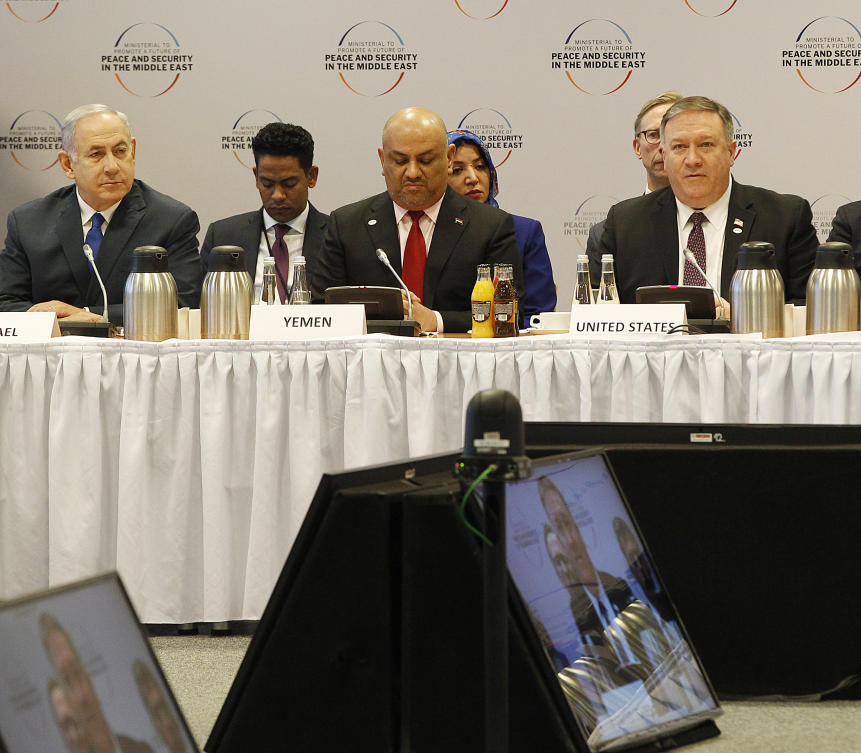BEIRUT: Lebanon on Thursday commemorated the 14th anniversary of the assassination of former Prime Minister Rafic Hariri and 21 others.
Meanwhile, the country awaits the verdict of the special UN tribunal into his assassination, which is to be issued in the first half of 2019.
Prime Minister Saad Hariri, Rafic’s son, said: “This year will be the year of truth and justice, and we want it to be clear, no matter how cruel. We will not allow anyone to destroy Lebanon.”
At 12:50 p.m., the torch in St. George Street in Beirut was lit to mark the site where Rafic’s procession was targeted with about 1,800 kg of high explosives.
More than 12,000 Future Movement supporters came from different parts of Lebanon and gathered in the center of Beirut, led by a large crowd of politicians and diplomats, as well as Nizar Al-Aloula, adviser at the Saudi Royal Court.
Saad said his father “did not die for the country to be destroyed. Rafic Hariri’s martyrdom has unified the people of Lebanon, and we will not give anyone the chance to use the verdict as a tool to incite strife among the Lebanese.”
He added: “Those who murdered Rafic Hariri meant to destroy Lebanon … After 14 years, Rafic Hariri remains a cause in the hearts of the Lebanese and Arabs.”
Saad said: “In the history of Rafic Hariri and our history, there was never blood on our hands. We did not bear arms and did not open training centers for militants, but we have opened the door for more than 40,000 young people who have become the largest army of graduates from across Lebanon and from all the universities of the world.”
He added: “This is not the time to flex muscles, nor is it the time for defiance, settling scores and repeating words that people are tired of hearing. These do not build a state or remove the waste from roads.”
He said: “Gone are the days of claiming integrity and ethics while pointing fingers in different directions day and night. The new generation does not want a proto-state for political parties and sects.”
In an indirect response to Hezbollah, which had said Lebanon “is going to condemn itself to more debt” and “the state is offering itself for sale outside,” Saad said: “These words have nothing to do with the economy or investment programs. Their aim is to disrupt and obstruct. I personally will not be silent in the face of any attempt to disrupt and obstruct the government’s work and program.”
He added: “We have a clear program with clear funding and working mechanisms that are based on transparency and reforms. There is no room for waste, nor for the thieves of quotas and opportunity hijackers.”
Saad highlighted his government’s adherence to the Saudi-brokered Taif Agreement, which ended Lebanon’s civil war in 1989.
He pledged to never allow anyone to breach it, saying: “We are the guardians of the Taif Agreement today and in the future.”
He added: “Lebanon is not a state affiliated with any axis, and not an arena for the region’s arms race. Lebanon is an independent Arab state with a constitution, laws, institutions, and international and Arab responsibilities.”
On Hezbollah’s repeated calls to resume relations with Damascus to facilitate the return of Syrian refugees, Saad said: “The best we can offer Syrian refugees is to ensure their voluntary return to Syria.”
He added: “I am convinced that the regime in Syria wants to get revenge on the refugees and set conditions for their return. This is not about us. Look at Jordan — the state has been communicating with the Syrian regime in vain. Even Turkey could not reach a conclusion with the Syrian regime.”
He said: “Some security services in Lebanon are coordinating with Syria to activate the return of refugees because our goal is to simply ensure their return to their country. But we do not accept under any circumstances for Lebanon to be a tool for handing over refugees as hostages to the regime.”
US Ambassador to Lebanon Elizabeth Richard visited Rafic’s shrine and said she is sure justice will be served.
Russian Ambassador to Lebanon Alexander Zasypkin also visited the shrine and placed a wreath of flowers on behalf of his country.
Walid Jumblatt, leader of the Progressive Socialist Party, visited the shrine but did not attend the ceremony held on the occasion.
He tweeted: “Our army today is the army of all, and its weapons will be the only weapons until the end of time. Rafic Hariri, his comrades and the martyrs of freedom will be done justice.” Jumblatt met in his house with Al-Aloula.




